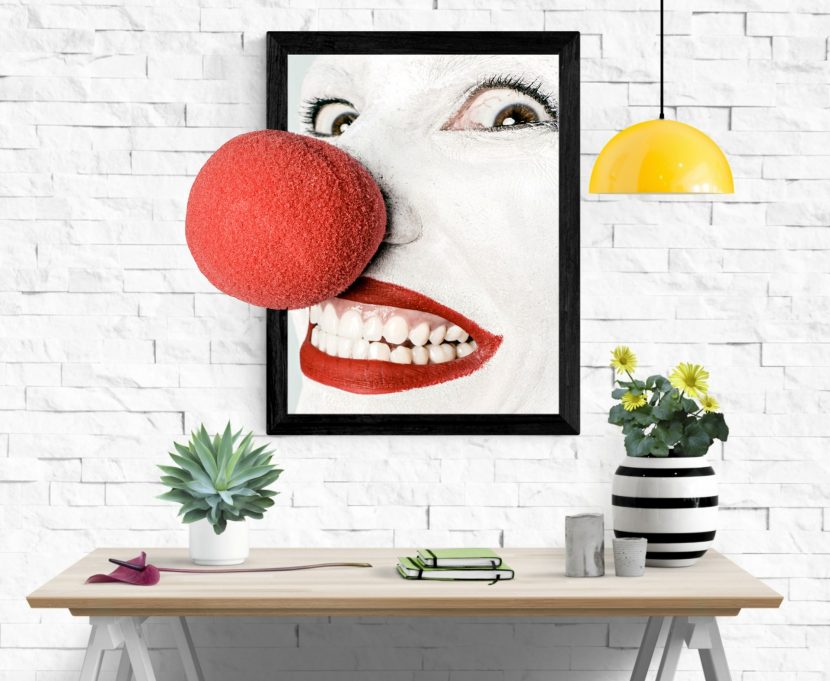Comedy is Art
The ability to make people laugh is a special talent. Yet, Comedy is often not categorised as an artform.
Comics must stand on their own two feet figuring out this industry for themselves with limited funding and money. Comedians are on their own acting as every single department in their business, which can often be lonely and isolating. Generally, comics are not eligible for Arts Council Funding or any other kind of funding for that matter.
Comedy has always been an integral component of the arts, so much so it has grown into a genre entirely of its own. It dominates the Edinburgh Fringe Festival where theatre shows, cabarets and musicians would rather categorise themselves under comedy as it is often deemed more accessible for wider audiences, but it is still struggling to be recognised as its own creative industry. But why? It has after all been ever present in throughout the history of entertainment:
- The word comedy was invented in Ancient Greece where playwrights like Aristophanes and Euripides used comedy to make political statements to the masse in the Satyr or Satire Plays.
- The Divine Comedy has long been considered a prominent piece of Italian literature in which comic allegory was is used to poetically discuss the Journey to God
- Stock characters, responsible for Punch and Judy shows in the UK and still recognisable today derive from the medieval Italian performance art: Commedia dell’arte.
- William Shakespeare was incredibly famous for this comedy writing as well as his tragedies, many of which are still performed and adapted today all over the world.
- Music Hall and variety performances often had comics as acts, in fact, these events evolved into today’s Christmas pantomimes!
- The famous Royal Opera House in Covent Garden was funded by John Gay and the success of ‘The Beggar’s Opera’, a satirical play on the musical genre.
- Popular Victorian holiday destination Blackpool is famous for the leading comics it has attracted over the past 200 years from Morecambe and Wise to Tommy Cooper. The crowds didn’t only attend for the beach, they went for the entertainment.
- Samuel Beckett, still widely performed today, stems from Theatre of the Absurd, which is appreciated as its own comedic genre
- Nowadays you can’t turn on the telly without watching a rerun of some classic sitcom, watching a weekly panel show or seeing some new stand ups at the Apollo.
When it is so heavily influential to the work we create today and so widely accessible to anyone and everyone in this country (and beyond) how can we make these public funding bodies appreciate the art form and see it as an equal to that of theatre and art.
If you want to start a revolution, then it is about taking small steps.
Think about specialist wording and phrasing that targets your show towards a theatrical, musical or entertainment genre as well as being a comedy. I met a comedian recently (who I won’t name as it somewhat ruins the surprise of his show) who has received Arts Council Funding for his most recent stand up tour by branching out into character comedy and making it an experimentation in acting and a way to encouraging casting directors to see his show.
So, think outside the box! Is it a new writing work? Tell them! Is it musical comedy? Play up the musical side! Is it pushing the boundaries of comedy? Explain how it is experimental event which is outside of the box.
I’m not saying lie, you can still call it comedy, just comedy which explores other art forms! If we can slowly infiltrate the system we can change it!
Viva la revolución!
Let me know if you have ever earned funding for what is inherently a comedy show in the comments below!

